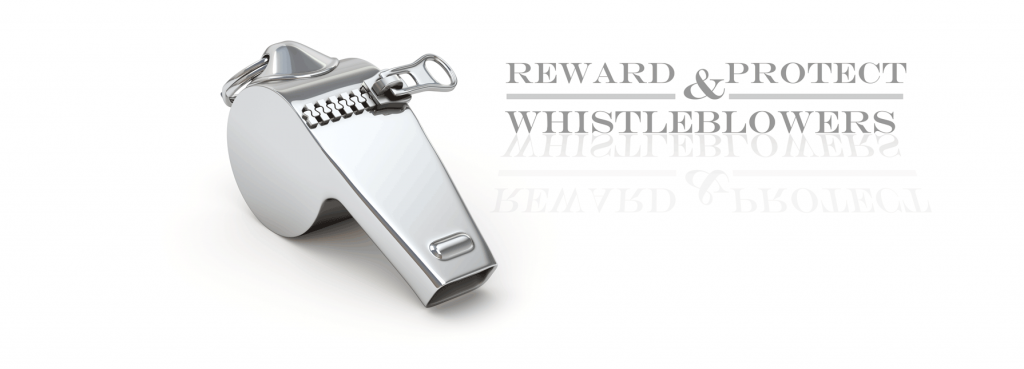
The U.S. Supreme Court made it a little harder for lawyers to press whistleblower lawsuits over minor violations of government contract terms, but the court’s unanimous decision in Universal Health Services v. Escobar might also make it harder for defendants to dismiss suits before entering the expensive evidence-gathering phase known as discovery.
The decision by Justice Clarence Thomas follows a middle path between the position of the government — that violating a single requirement, no matter how minor, opens up liability for treble damages under the Civil War era False Claims Act — and a much stricter standard favorable to defendants.The court left intact the judge-made principle of “implied certification,” under which merely presenting a bill for payment can be considered a guarantee of compliance with contract terms. But it also imposed a standard of materiality, meaning the failure to disclose non-compliance must be so important that it rises to the level of “misleading half-truths.”
Search for Whistleblower Attorneys
 Custom Search
Custom Search
